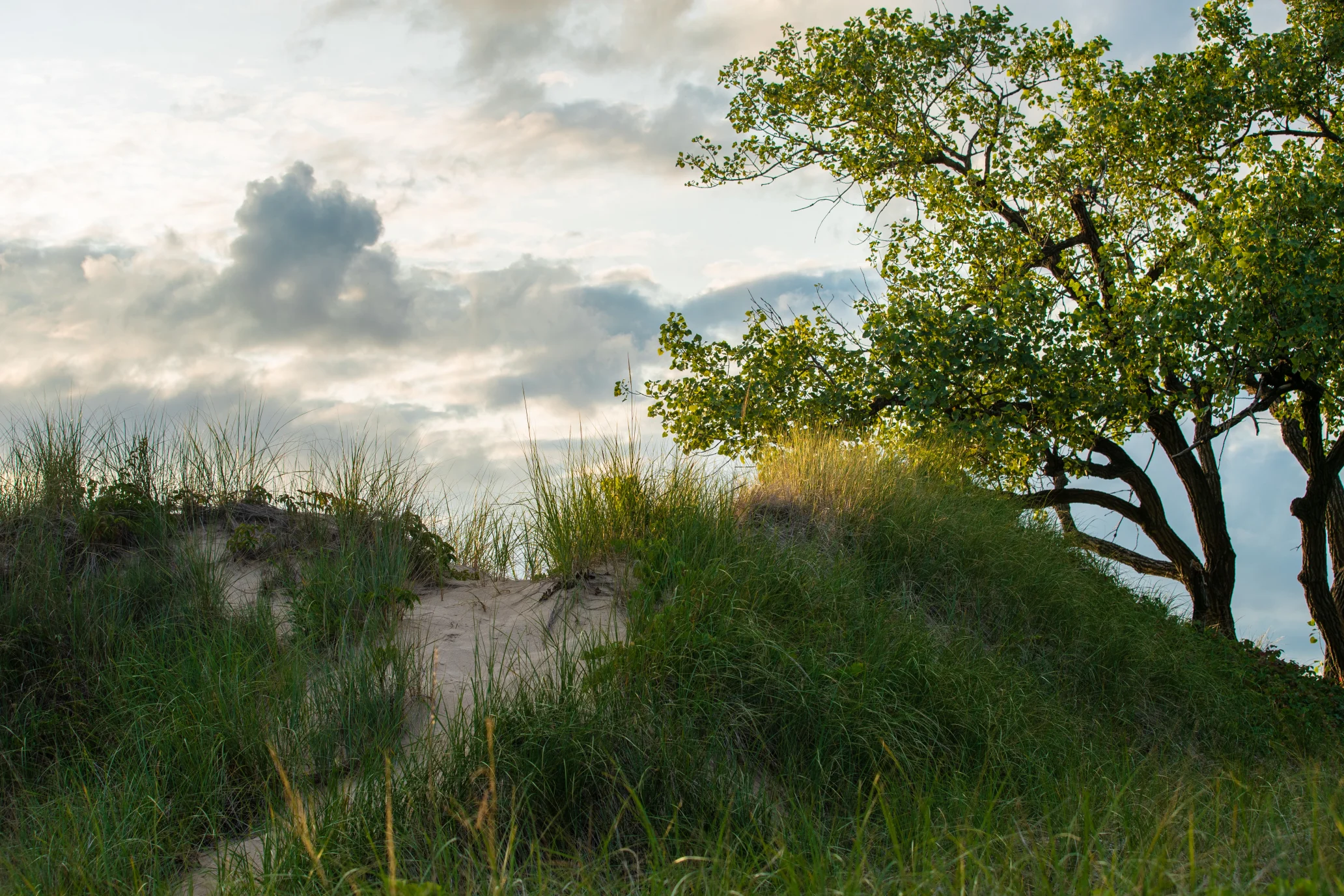A necessary reckoning
For the past few months, the Land Trust Alliance has collected online statements from land trusts around the country affirming their commitment to end the structural racism that puts Black lives in danger every day.

You can see these messages on our website. We joined this chorus by making clear that the Alliance stands with the members of our staff, board and land trust community against racism and oppression of any kind, and unequivocally condemns acts of bigotry, bias and violence against people of color.
Earlier this week, the Sierra Club went a step further. The organization's executive director, Michael Brune, posted a statement that asserted, "[w]e must also take this moment to reexamine our past and our substantial role in perpetuating white supremacy." In fact, as Brune emphasizes, there is a dark history to his organization's conservation legacy, reflected by the racism of John Muir, who founded the Sierra Club.
Land trusts, too, must acknowledge that while tremendous good has been accomplished under the banner of private land conservation, a portion of our field's origins and some of its practices have been tainted by prejudice, discrimination and intolerance. Even if one is not willing to make that concession, it is much harder to dispute the role that private land conservation has played in exacerbating inequitable access to land and serving as a bulwark for white privilege and associated wealth.
I write this not to assign blame but to accept responsibility and make clear our obligation and commitment to understand how our field — and broader governmental land policies — have contributed to structural racism in America. Only once we are grounded in this understanding will we truly embrace how imperative it is to build a land conservation community that values and embraces diversity, and strives to model tolerance, practices inclusivity and works toward equity.
To assist us in transforming the field so that conserved land can help all communities thrive, in 2019 the Alliance undertook a yearlong intensive initiative to listen and learn from a diverse array of individuals and organizations. We heard how issues of inequity continue to plague the environmental sector and how our community is perceived as insular and self-referential. We also learned about the potential role land conservation can play in addressing community priorities and ensuring that all people feel welcome and safe to enjoy the many benefits of the outdoors.
In May of this year, I created a task force of Alliance staff and board members to build on what we learned and to identify, among other things, Alliance programs and tools for land trusts to cultivate an inclusive, welcoming organizational culture that respects diversity and that will help them engage people who are broadly representative of the communities they serve. Although the task force has not completed its work yet, I am heartened by the fact that it has identified how critical it is for land trusts to understand the role of land conservation in contributing to systemic racism in America, and how such an understanding will enable the land trust community to examine its past while moving private land conservation forward in an equitable way.
To this end, the task force will be recommending to our board that the Alliance "develop and deliver a full curriculum on our nation's history of public and private land conservation and its place in systemic racism, land loss and disenfranchisement." In my view, this is exactly what the Alliance can and must do to help land conservation practitioners take a critical first step on the long road to ensuring that our community can model the self-awareness, sensibilities and commitment to diversity, equity and inclusion that are essential for lasting change.
Fortunately, a number of our member land trusts have been leaders in this space. The Alliance can incorporate the best of what land trusts and others have created in this space into a comprehensive educational module that land trust — and Alliance — staff and board members can take to build on basic diversity, equity and inclusion training. This type of training will build a professional competency in our community of practitioners to enable them to be effective conservationists in this day and age.
The important step taken by the Sierra Club this week to engage in truth-telling demonstrated the reckoning that all U.S. organizations engaged in land conservation must face when it comes to their origins, histories and current commitments to tackle systemic and pervasive inequities. The Alliance and land trusts are no exception. I look forward to working with all of our members as we collectively create the necessary tools and curricula to enable the learning and self-reflection that will allow us to become the agents of change this pivotal moment in our nation's history demands.